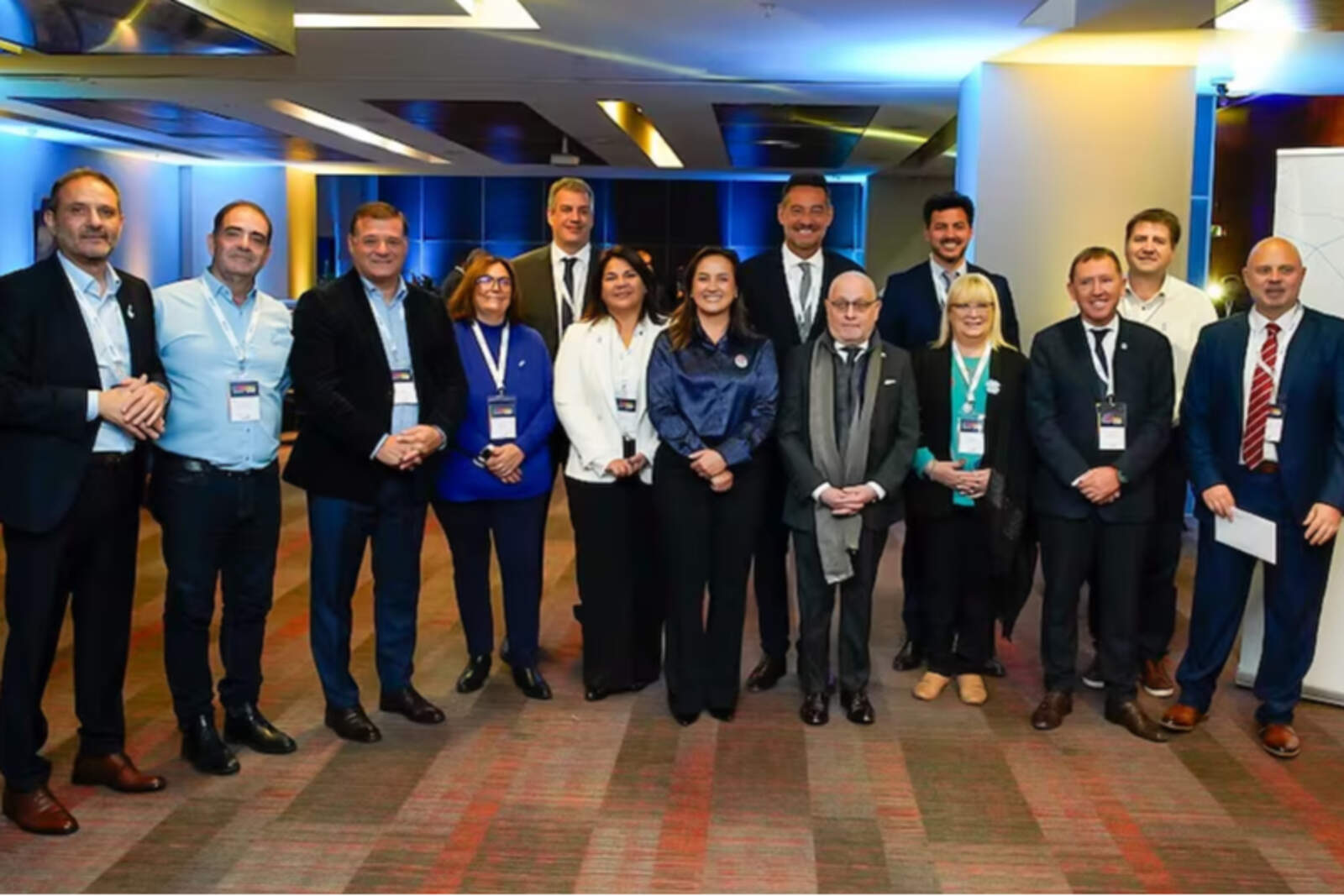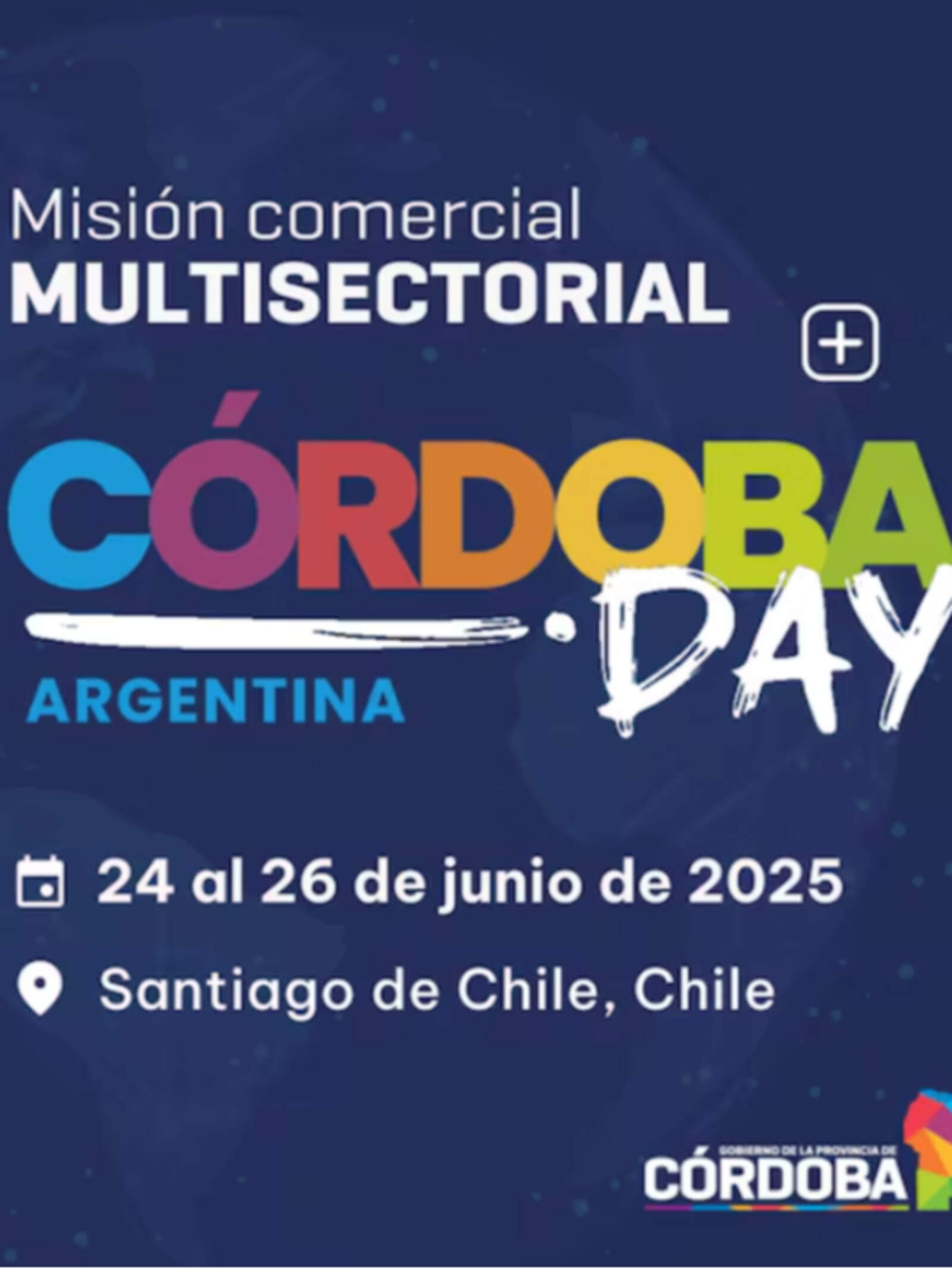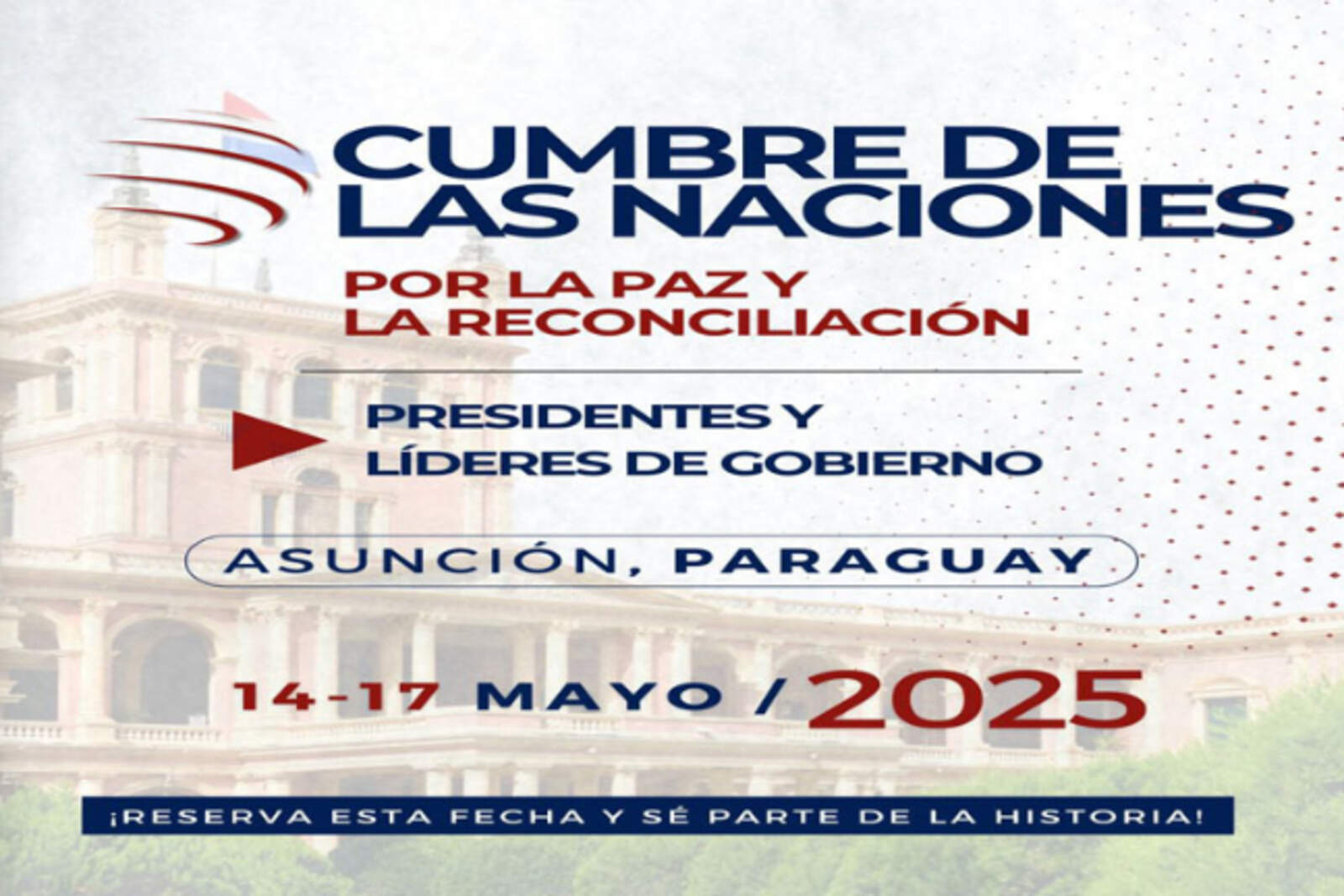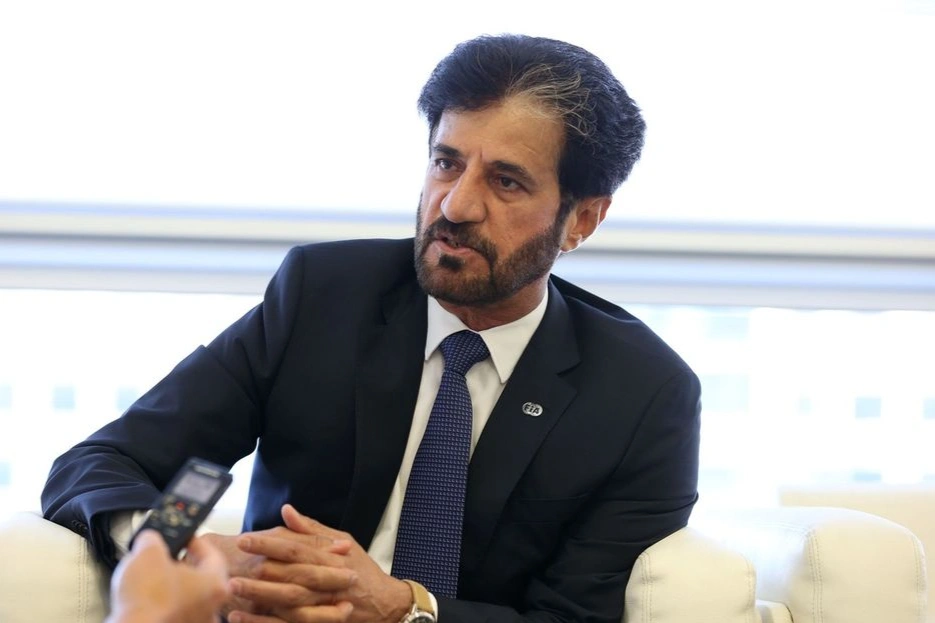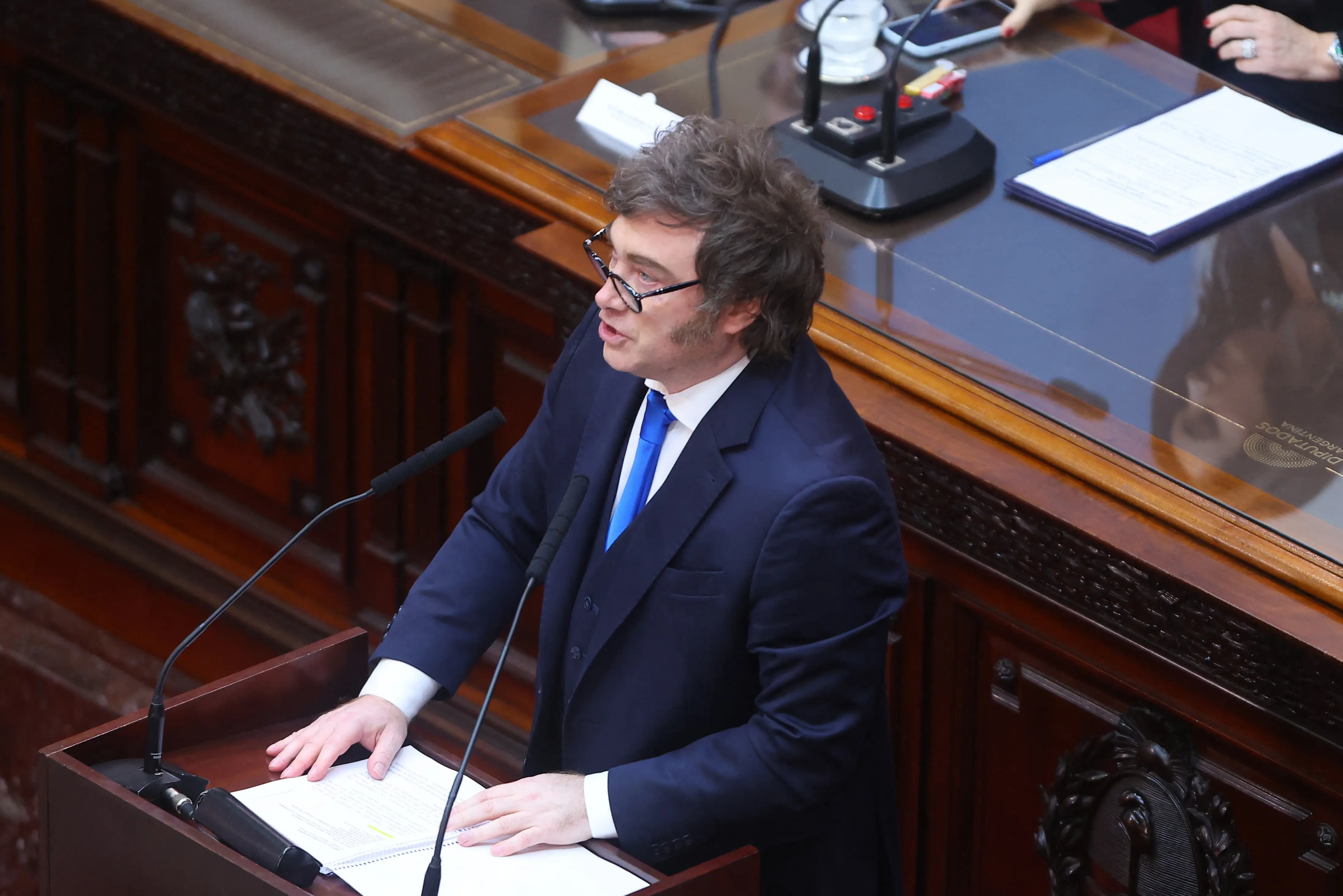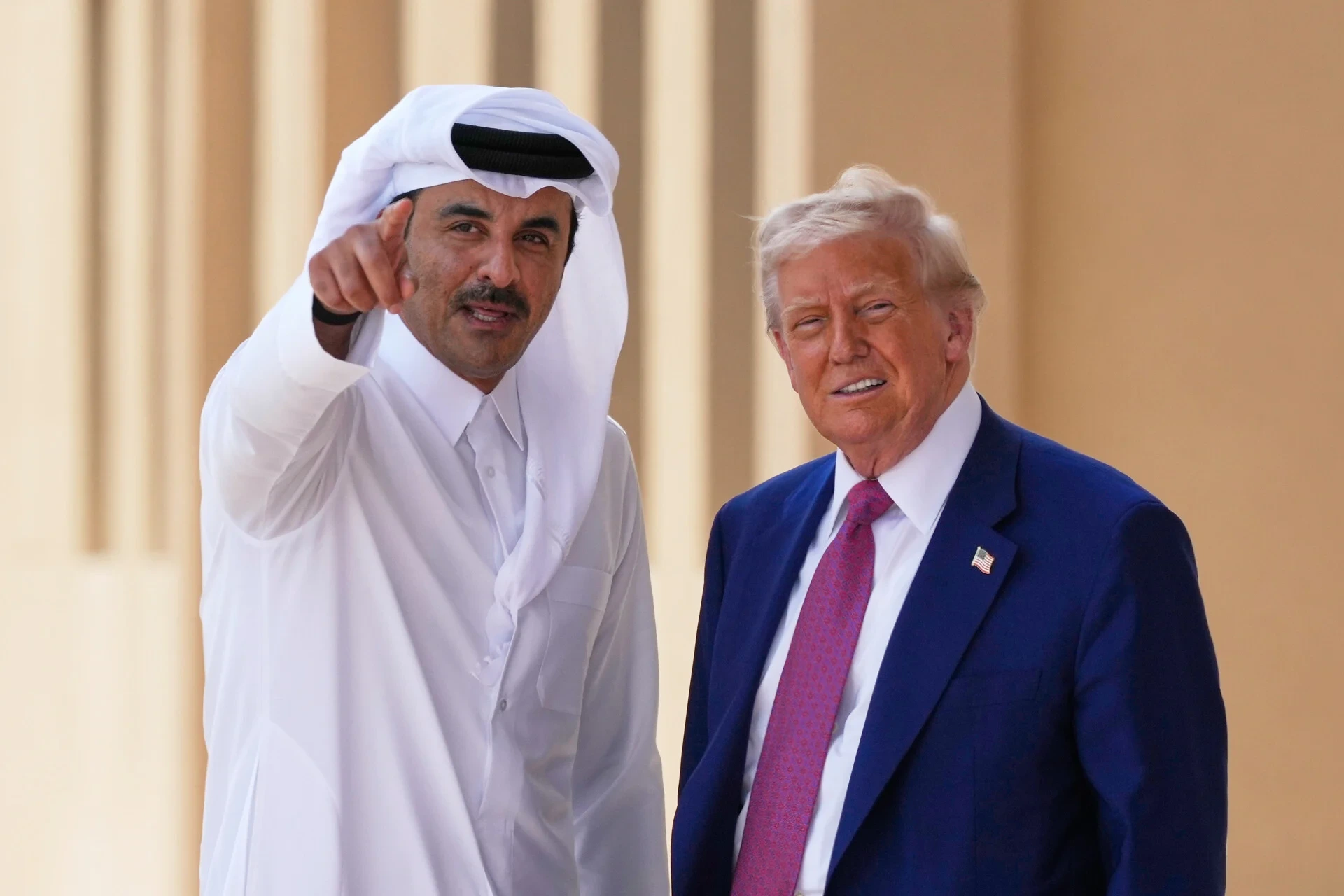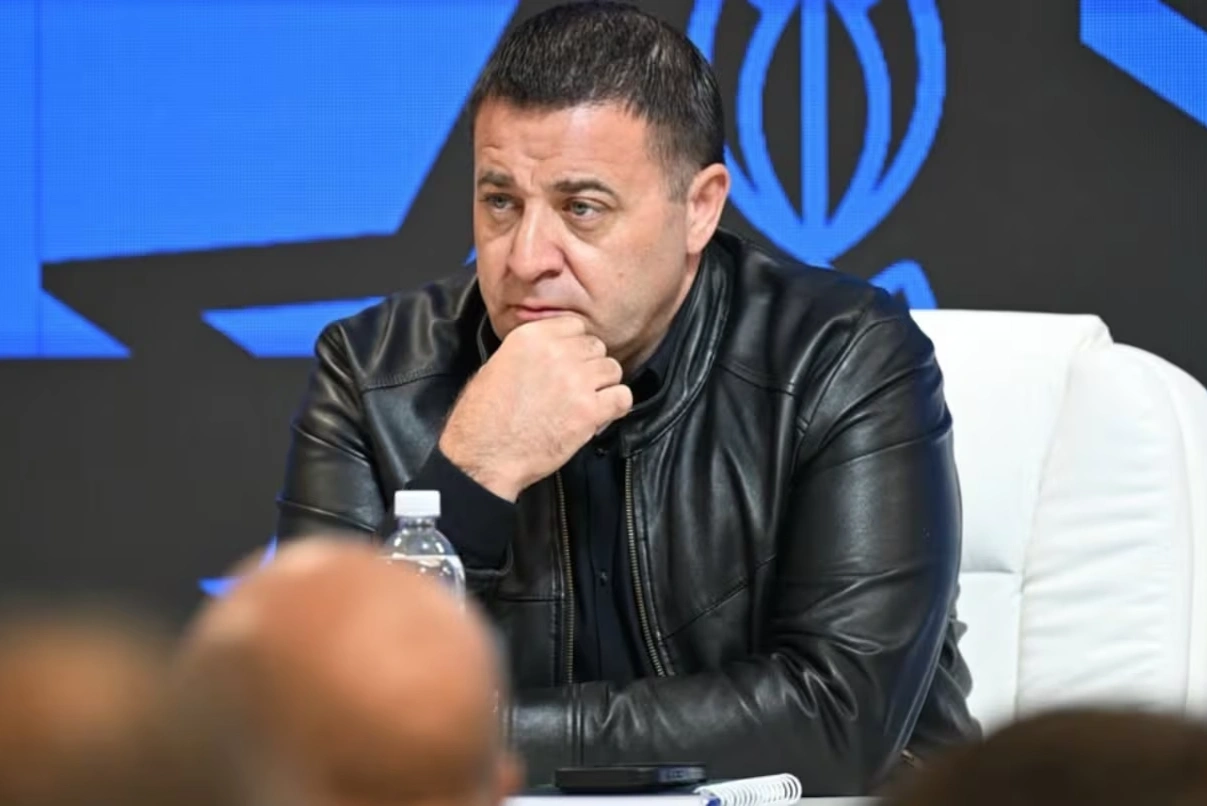Nine provincial legislators embarked on a new official tour, this time to Santiago de Chile, to attend the so-called Córdoba Day. According to the Legislature, the event aims to attract investments for the province through a day of bilateral engagement. The truth is that this is the third trip abroad in just half a year.
The delegation is made up of representatives from eight of the twelve legislative blocs, so the scheduled ordinary session had to be brought forward. This maneuver allowed the legislators to fulfill their international itinerary without altering their travel agenda. Apparently, they enjoy traveling more than holding sessions.
However, despite the official enthusiasm, not all parliamentarians share the diplomatic fervor: some opposition members described these trips as "political tourism." This suggests that they go through immigration more often than the legislative chamber.
From the ruling party, Nadia Fernández, Miguel Siciliano, and Justo Casado traveled. The heads of blocs such as Matías Gvozdenovich (UCR), Oscar Tamis (PRO), Dante Rossi (Construyendo Córdoba), and the single-member bloc legislators Agustín Spaccesi (Partido Libertario), Karina Bruno, Graciela Bisotto, and Federico Alesandri also participated. The list suggests that, for some, borders do not seem to be a budgetary obstacle.
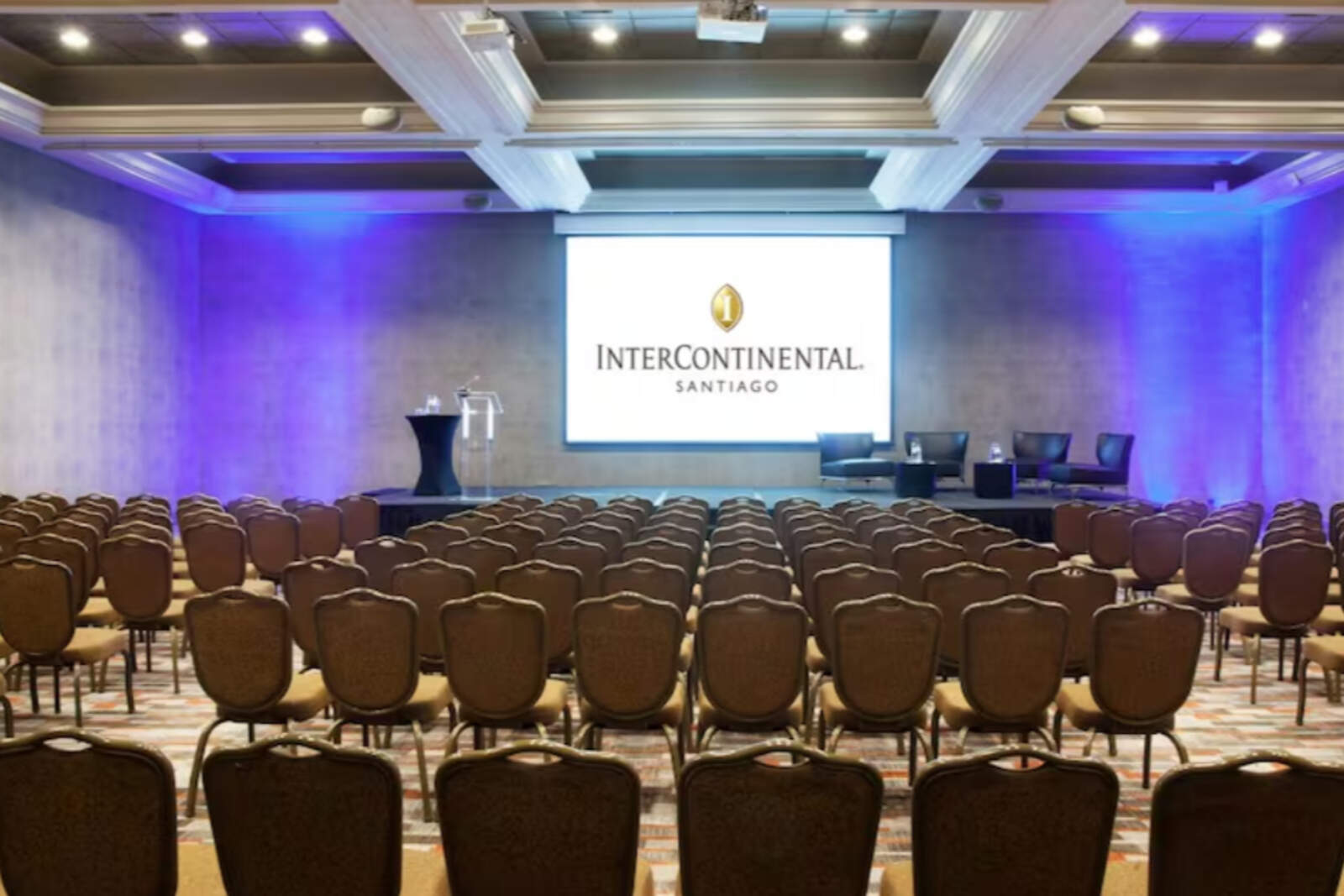
Córdoba Day: "investments" abroad, criticism at home
According to the official website of the Unicameral, the delegation traveled to represent the province at various meetings. There were meetings with the Argentine Embassy, Universidad San Sebastián, the National Agency for Research and Development, and organizations from the Chilean ecosystem. A true institutional marathon in record time.
The vice governor Myrian Prunotto was presented as a key figure of the trip. She will participate in panels on "parliamentary progress," and Siciliano, meanwhile, will speak about artificial intelligence in the role of parliaments of the future. The day will conclude with Fernández as moderator of the closing session, thus completing a trip that, at least on paper, sounds "productive."
The Legislature stated that it is "the first time an official delegation participates in Córdoba Day". This phrase denotes a certain enthusiasm, although it doesn't clarify whether attending the event is more useful for Córdoba or for personal political agendas.

